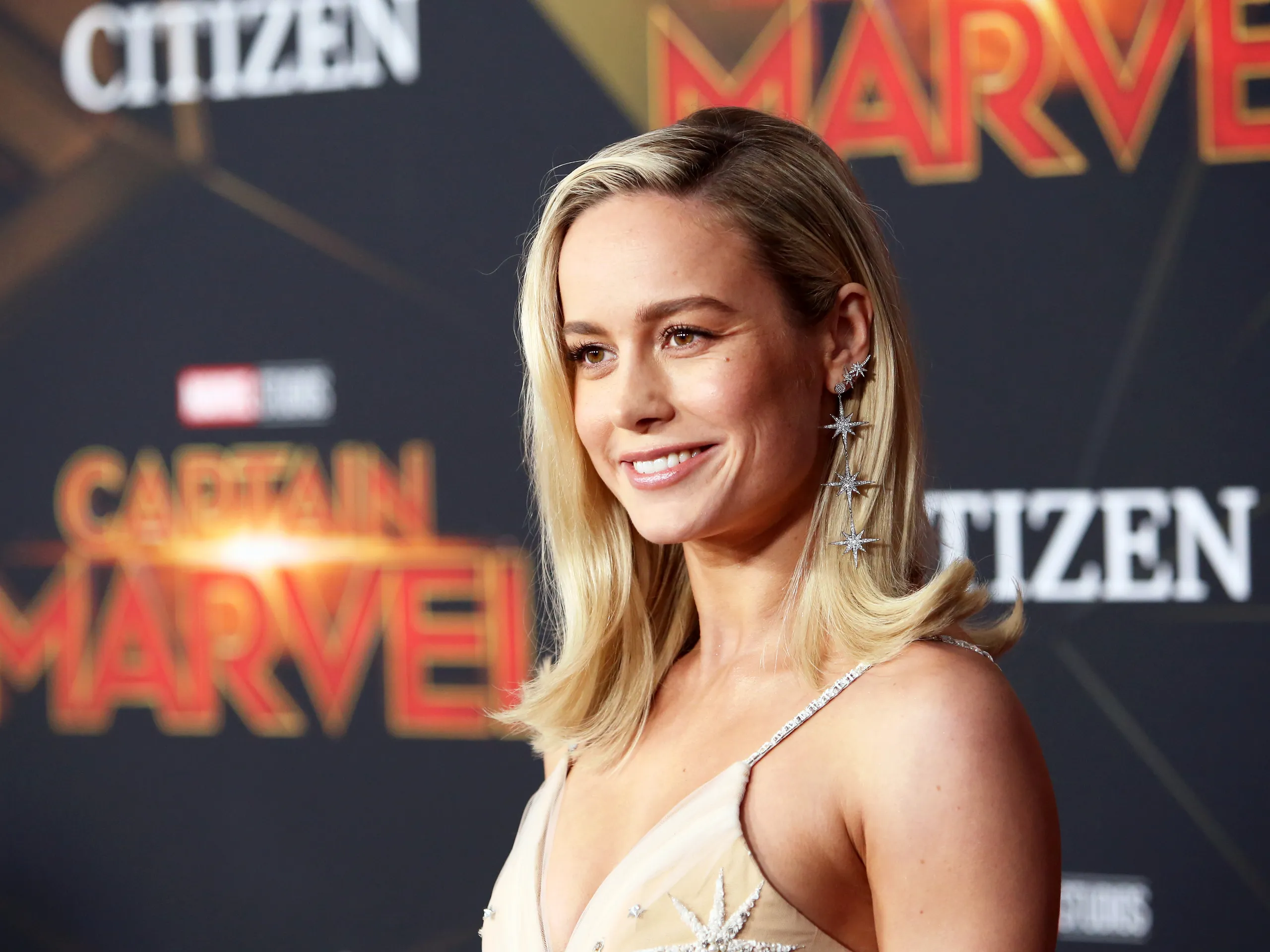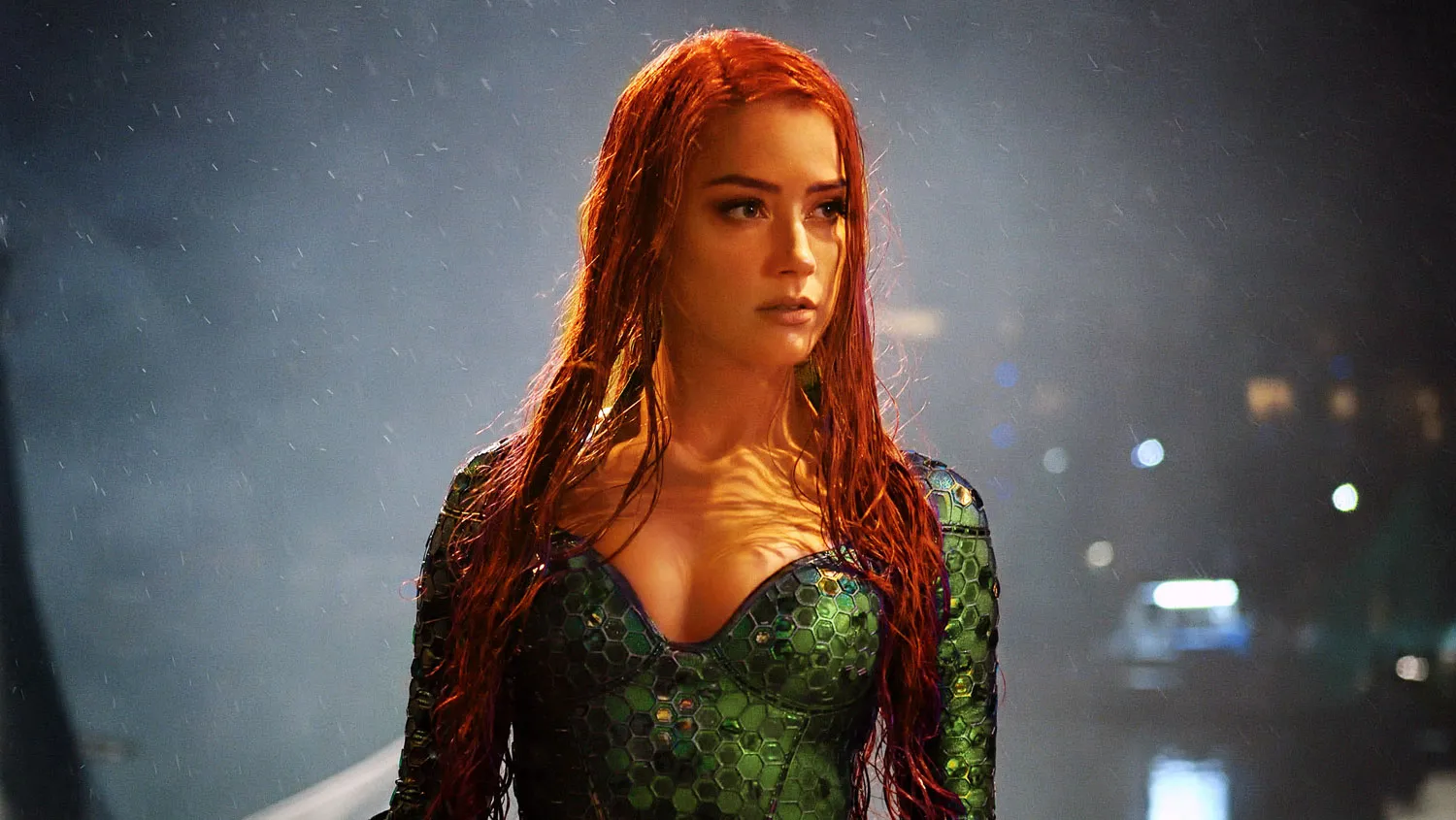In 2014, the entertainment industry was shaken by one of the largest celebrity privacy breaches in modern history. The incident, widely known as The Fappening, exposed intimate photos of several high-profile women, from actresses to athletes. Brie Larson, who was steadily rising in Hollywood at the time, found her name associated with the scandal. While the leaks themselves were a violation of privacy and dignity, they also raised crucial questions about how society treats celebrities, digital security, and the ethics of online culture.
This article explores Brie Larson’s connection to the Fappening, her career trajectory before and after the incident, and the broader cultural lessons the scandal forced the world to confront.
Brie Larson’s Early Career and Rise to Stardom
Before the Fappening scandal entered headlines, Brie Larson had already established herself as one of Hollywood’s most talented young performers. Born Brianne Sidonie Desaulniers in 1989, Larson began acting at a young age. She appeared in television series such as Raising Dad and films like 13 Going on 30 before transitioning into more mature roles.
Her breakthrough performance came in Short Term 12 (2013), a critically acclaimed indie film that highlighted her ability to portray complex, emotional characters with authenticity. This role positioned her as a rising star and earned her widespread praise from critics.
In 2015, just a year after the Fappening scandal, Larson’s career reached new heights with her role in Room. Her performance as a mother held captive with her son in a confined space earned her an Academy Award for Best Actress. By 2019, she had joined the Marvel Cinematic Universe as Captain Marvel, solidifying her status as one of Hollywood’s leading actresses.
The Fappening Scandal and Brie Larson
The Fappening, which unfolded in late August 2014, was a large-scale hack that targeted iCloud accounts of dozens of female celebrities. Personal and intimate photographs were stolen and released online, spreading rapidly across social media and internet forums. The scale of the breach was unprecedented, affecting stars such as Jennifer Lawrence, Kate Upton, Kirsten Dunst, and Brie Larson.
For Larson, the association with the scandal was deeply intrusive. While her career was still ascending, the incident cast an unwanted spotlight on her private life. Like many of the victims, she neither confirmed nor publicly discussed the authenticity of the leaked material in detail. Instead, Larson remained largely silent, choosing to keep the focus on her professional work rather than allow the violation of her privacy to define her public image.
This silence was, in many ways, a form of resistance. By refusing to give the hackers and gossip-driven media the satisfaction of public commentary, Larson underscored the principle that such violations should not be normalized or sensationalized.
The Impact on Privacy and Celebrity Culture
The Fappening was more than a celebrity scandal; it was a cultural turning point. The incident forced the public to confront uncomfortable truths about digital security, voyeurism, and the objectification of women in the spotlight. Brie Larson, along with the other victims, became part of a broader narrative about how technology and celebrity intersect in the modern world.
1. Digital Security Concerns
The breach highlighted the vulnerabilities of cloud storage systems. Many people—both celebrities and ordinary users—realized that private data stored online was far from safe. In the aftermath, Apple faced scrutiny, and conversations about two-factor authentication and stronger password protection gained momentum.
2. Consent and Exploitation
For victims like Larson, the issue was fundamentally about consent. The images were private, never intended for public consumption, and their unauthorized distribution represented not just theft but a violation of autonomy. The scandal fueled important discussions about how society often disregards women’s consent, especially when it comes to their bodies.
3. Media and Public Responsibility
The rapid spread of the images underscored the darker side of internet culture. While some users condemned the leaks, others eagerly sought out and shared the stolen material. The Fappening revealed how quickly the line between legitimate news coverage and exploitation can blur in the digital age.
Brie Larson’s Response Through Silence and Strength
Unlike some victims who spoke out publicly, Brie Larson chose not to directly address the leaks. This decision was strategic. By avoiding public acknowledgment, she reduced the oxygen available to those who tried to sensationalize the incident. Instead, Larson poured her energy into her craft, taking on roles that showcased her depth as an actress and her ability to command respect in the industry.
Her post-Fappening career trajectory speaks volumes. Just months after the scandal, she was filming Room, the role that would earn her an Oscar. Later, stepping into the Marvel Cinematic Universe as Captain Marvel, she became a global icon of empowerment, resilience, and strength.
This path forward can be interpreted as Larson’s way of reclaiming the narrative. She refused to be defined by victimhood and instead doubled down on her career ambitions, proving that her talent and professionalism far outweighed any attempts to reduce her to a scandal.
Lessons Learned from the Fappening
The Fappening was a watershed moment for online privacy, celebrity culture, and digital ethics. Brie Larson’s experience, along with that of her peers, illustrates several key takeaways.
-
Privacy Is a Right, Not a Luxury
The scandal reminded the world that everyone, celebrity or not, deserves privacy. Fame does not mean forfeiting the right to personal security. -
Strengthening Digital Security Is Essential
Since 2014, tech companies have implemented stronger security measures, but the incident serves as an ongoing reminder that individuals must take steps to protect their data—using stronger passwords, enabling multi-factor authentication, and being mindful of cloud vulnerabilities. -
Media Responsibility Matters
The way media outlets handled the scandal highlighted ethical concerns. While some condemned the leaks, others used sensational headlines to attract readers. Responsible journalism means rejecting exploitation, even when scandals promise clicks. -
Resilience and Career Focus Can Reclaim Control
Larson’s choice to focus on her work rather than the scandal itself shows how resilience and professionalism can help victims regain control of their narratives.
Conclusion
Brie Larson’s connection to the Fappening was an unfortunate chapter in her life, but it does not define her. Instead, it stands as a reminder of the vulnerabilities celebrities face in the digital era and the ethical responsibilities we all share as consumers of media. Larson’s response—marked by silence, dignity, and an unwavering commitment to her craft—set an example of resilience in the face of exploitation.
Today, she is celebrated not for a scandal that violated her privacy, but for her accomplishments as an actress, an advocate for equality, and a role model in Hollywood. The Fappening may have been a dark moment in celebrity culture, but Brie Larson’s career demonstrates that dignity and talent can rise above even the most invasive of challenges.





